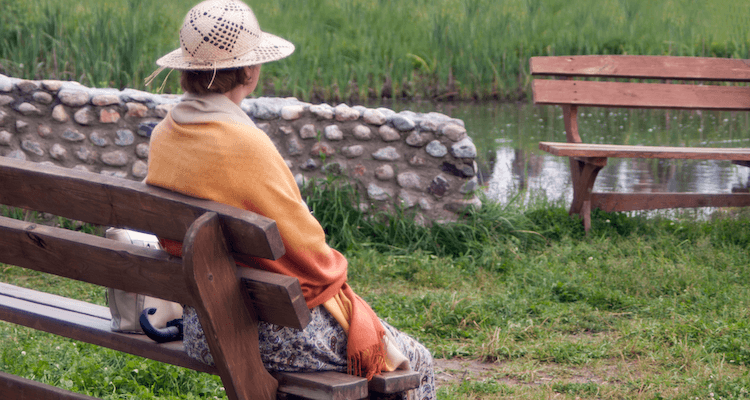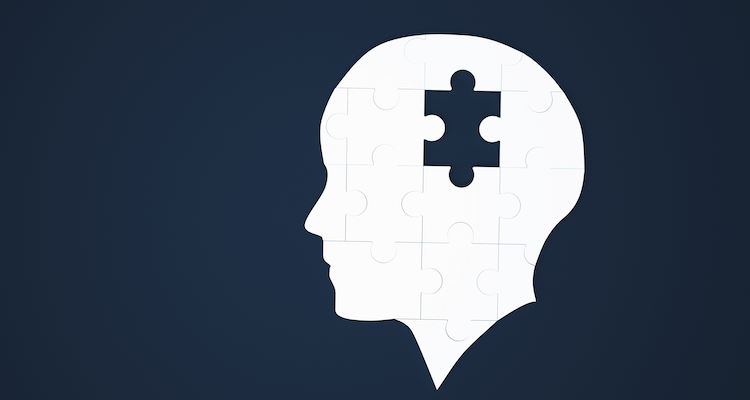February 25, 2017 - Stephen S Bowman's Blog
The Odyssey of Memory
America’s Baby Boomers are transfixed by the rapidly declining health of their parents; embarrassing incontinence one day, excruciating constipation another, all too familiar flash backs of what we did a few years ago for our children. Still the unspoken and dreaded terror, lurking behind all of our faith and dreams, is godforsaken dementia. All around us we witness the epidemic of dementia in our family and friends, and are painfully aware that the medical community offers little in the way of comfort or answers. Dementia is the least silent killer, and this rolling tragedy seems to merit little discussion and less hopeful prayers.
But as we stand in this unexpected abyss of dementia, it may be instructive to pause for a moment and ask, “What was the first deadly disease ever described in detail in western literature?” What disease would have been most familiar to the people of these ancient communities? If you answered leprosy, cancer, polio, or cardiac failure, you would be wrong. The correct disease is dementia, the book is The Odyssey, and the victim was Odysseus’s father Laertes.
Even a casual review of the text, one will be stunned that Homer treats dementia as so familiar to his listeners, that it warrants description, but not discussion. While dementia seems to be a biblical curse on our generation, and only meaningfully diagnosed in the 19th century, was treated by Homer with a mere matter of fact mention in the background of his tale. So the question should be, after 3000 years of truncated life expectancy which shielded us from becoming the victims of dementia, what we can learn from our Greek forbearers as we muddle along in our medical and familial responses to this frightful disease.
First, let’s turn to the text. In his youth, King Laertes of Ithaca was by most accounts a vital and heroic figure that served both as an Argonaut and participated in the capture of the famous Caledonian boar. But before Odysseus departed for the Trojan War, it was apparently decided amicably, that Laertes would transfer the kingship to his son, though he was still physically vigorous. But by the time we meet Laertes in the Odyssey we learn that during the 20 year absence of Odysseus, he has been living in the goat shed, dressed in rags, and under the care of the family swineherd. And in regard to the plight of his daughter- in- law Penelope, trying to fend off her numerous suitors as they destroy his estate, Laertes remains oblivious, preoccupied with his crops and livestock and not the strife of the palace. This sounds hauntingly close to home.
To distinguish Laertes’s condition from other psychological breakdowns, one should consider the value placed on his long term memory and the way he was treated and spoken to by his peers. Let’s consider with the reason Laertes chooses to spend his days in the barn and gardens rather than in the palace. Apparently, for Laertes, that is where he experienced comfortable and pleasant memories of his childhood. Or when his grandson Telemecus, returns from a brief journey, it is decided that an old housemaid familiar to Laertes, should be called from the palace to tell Laertes so he would not be upset by the news. This decision only makes sense unless there was a concern that Laertes would confuse the return of long gone Odysseus with that of his grandson, and therefore they took precautions. And finally, when Odysseus does return after 20 years from Troy and identifies himself to his father, he proves his identity by pointing to a childhood scar and recounting the number of trees they had planted together in the garden decades ago; both items secure in Laertes long term memory.
Another aspect of the depiction of Laertes that merits consideration for the modern reader is the way he effortlessly retains his dignity despite his affliction. When Penelope announces that she will not choose a new husband among the blood lusting suitors until she completes a burial shroud for Laertes so that he would not be buried in rags, there is not a word of objection or incredulousness despite the project taking almost 4 years. The king was the king, and his right to appropriate burial accoutrements was unquestioned
So what can be learned from this ancient poem about the needs of our loved ones struck by dementia and our models of care. I can say personally, as an operator of memory care communities for the past 15 years, that as an industry we continue to embrace a custodial model of care. The ambition of that basic approach is to keep the residents safe, clean, and well fed. Period. If however, the Operator is supposedly visionary, they will attempt to enhance the custodial model with an assortment stimulating new elements such as computer games, new age music, Sudoku puzzles, and foreign language classes. This approach would have been very strange to Homer.
So dementia care today offers most adult children a false choice: between mourning our apparently imbecilic parents at home, or institutionalizing them so they can play bingo and Wii in the futile effort to fight off decline and resist memory loss.
Whenever I ask a caregiver what the purpose is of a memory loss program in light the fact that death is imminent, I am told it is to stimulate and comfort. But it seems for the Greeks, the touchstone for care seems to have been long term memory as it achieves both of those goals. Rather than fight memory loss in an effort to keep their loved ones in the present, the Greeks seem to have let their loved ones wander and wonder in their pasts and that would be the point of meaningful and compassionate memory loss care. To say one is losing short term memory does not just mean that one is forgetful or repeating questions, it means that they are truly living in what they do remember, which is their pasts. And it is self-defeating to try to coax them back to 2013 like they are some kind of wayward time traveler.
So what does this mean as a practical matter for care? It means that care for those with dementia should not only be based on the acceptance of the controlling power of long term memories, but that we should embrace and enhance those memories. And in this regard spirituality should be seen as fundamental a tool of this approach and should be stressed, not to save souls, but because as a very practical matter, traditional religion of all types is elemental to our long term memories and in some way a skeleton key in connecting each of us with ourselves. This connection is always palpable to me when I hear one of my residents, who never heard of Barak Obama, say a rosary in Polish or the Haggadah in Yiddish. Spirituality is only the best example of this approach but analogous applications can be made in the way we decorate a bedroom, prepare a meal, choose a game, or select a topic of conversation
So for us in the 21st century who feel we has been ambushed by the mendacious disease of dementia, we need to stop trying to slow the descent and appreciate that the pilgrimage of our parents has not ended, but has only turned back and into their past. And in this, their last stage, they need not be alone.
Stephen Sarsfield. Bowman







